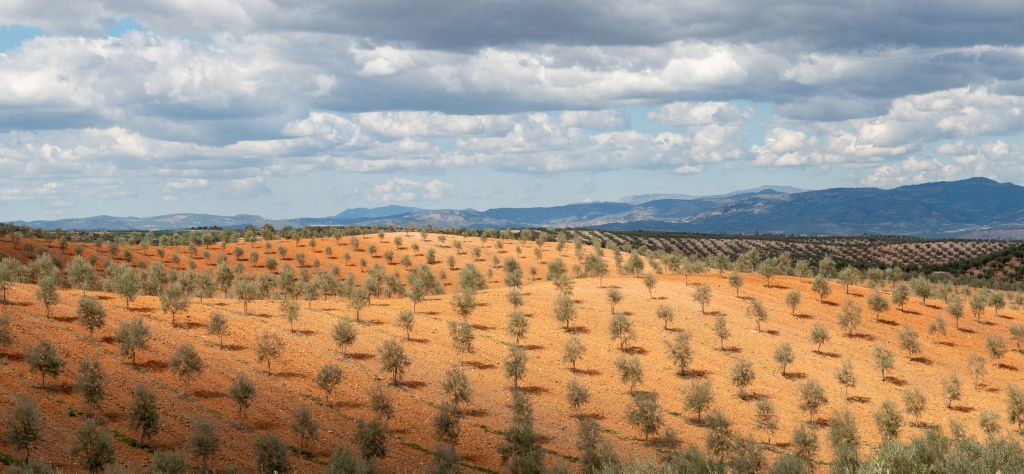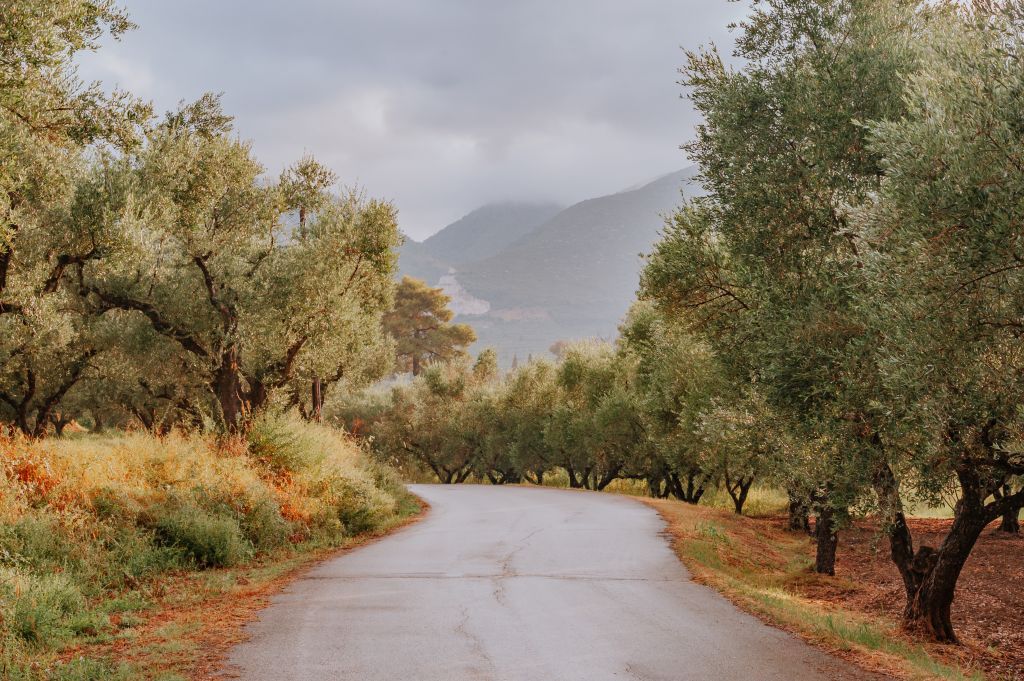
A Journey of Passion and Quality
Sharing Our Love for Cooking and Olive Oil with ElOlivo!
Hello! We're Margaret and Janos, and we're genuinely passionate about cooking, especially when it involves the delightful world of Olive Oil. In 2019, we started ElOlivo with a simple aim: to share the joy of premium Olive Oils and more with homes and professional kitchens alike. We truly believe that the heart of a delicious and nourishing meal lies in the careful selection of ingredients. Our love for cooking has driven us to seek out the very best Olive Oils from around the globe, and we're thrilled to bring them to our valued customers. Our range includes thoughtfully sourced and traditionally crafted Olive Oils, ensuring the highest standard of quality.

Choosing the best ingredients ensures you're on the right track.
We strongly believe that selecting ingredients with care is at the heart of cooking, whether you're a professional chef or simply making dinner for your loved ones at home. As a friend once wisely said, 'Choosing the best ingredients ensures you're on the right track.' Incorporating quality olive oils into your cooking process not only enhances the flavors of your dishes but also provides a delightful sensation and satisfies the appetite. Excited to share our newfound passion, we've opened our small business to spread the joy of olive oil to as many people as possible.
Exploring History's Flavors: Olive Oils Embracing the Tales of Their Producers
We source our products directly from our cherished partners to ensure that we can provide our customers with ample information about the oils. In our quest for top-quality olive oils, we've come to realize that olive oil shares similarities with wines. Factors such as geography, geology, climate, and olive cultivars play crucial roles in selecting the perfect oil to complement our tastes. The olive oils you find in our store hail from various historical regions of Spain, Italy, and Greece, each carrying the rich history of local farmers and families who have lovingly tended to their olive trees for generations. Olive oil is truly a remarkable culinary treasure, embodying the history and passion of its producers, and a deep reverence for the land.
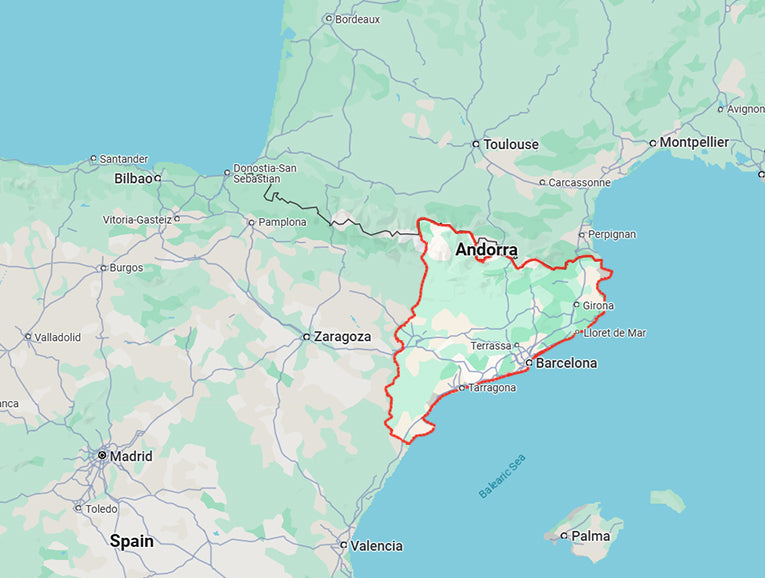
Catalonia, Spain
Catalonia is a historic olive oil region in northeastern Spain, known for producing high-quality extra virgin oils, especially from the Arbequina variety. In the 2023/24 season, it produced around 31,224 tonnes, making up about 4.5% of Spain’s total output. Its oils are protected by designations like Siurana and Les Garrigues, ensuring quality and tradition.
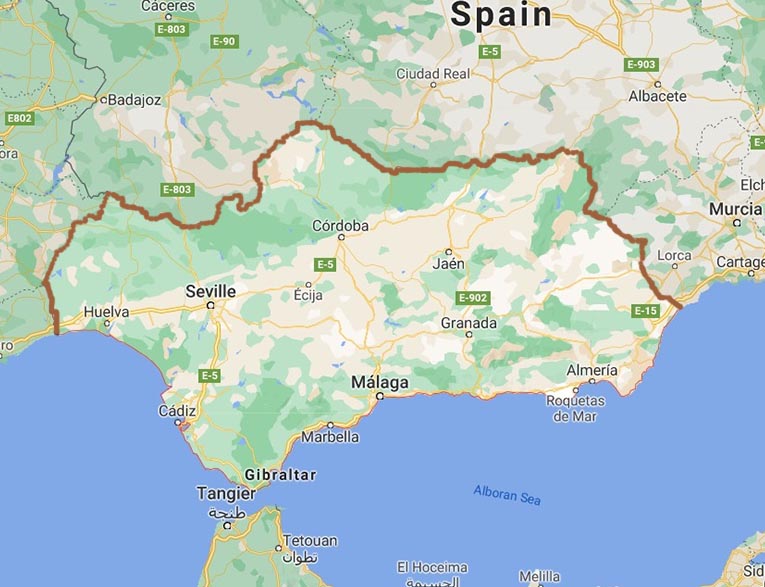
Andalusia, Spain
Located in the serene southern region of the Iberian Peninsula, Andalusia holds a special place as a key contributor to Spain's olive oil production, boasting an impressive 62.84% share in 2018. Its unique blend of desert expanses, majestic mountains, and picturesque coastline provides an ideal environment for olive tree cultivation. Andalusia takes pride in nurturing a variety of olive types, including Picual, Hojiblanca, Lechín, Verdial, and Picudo.
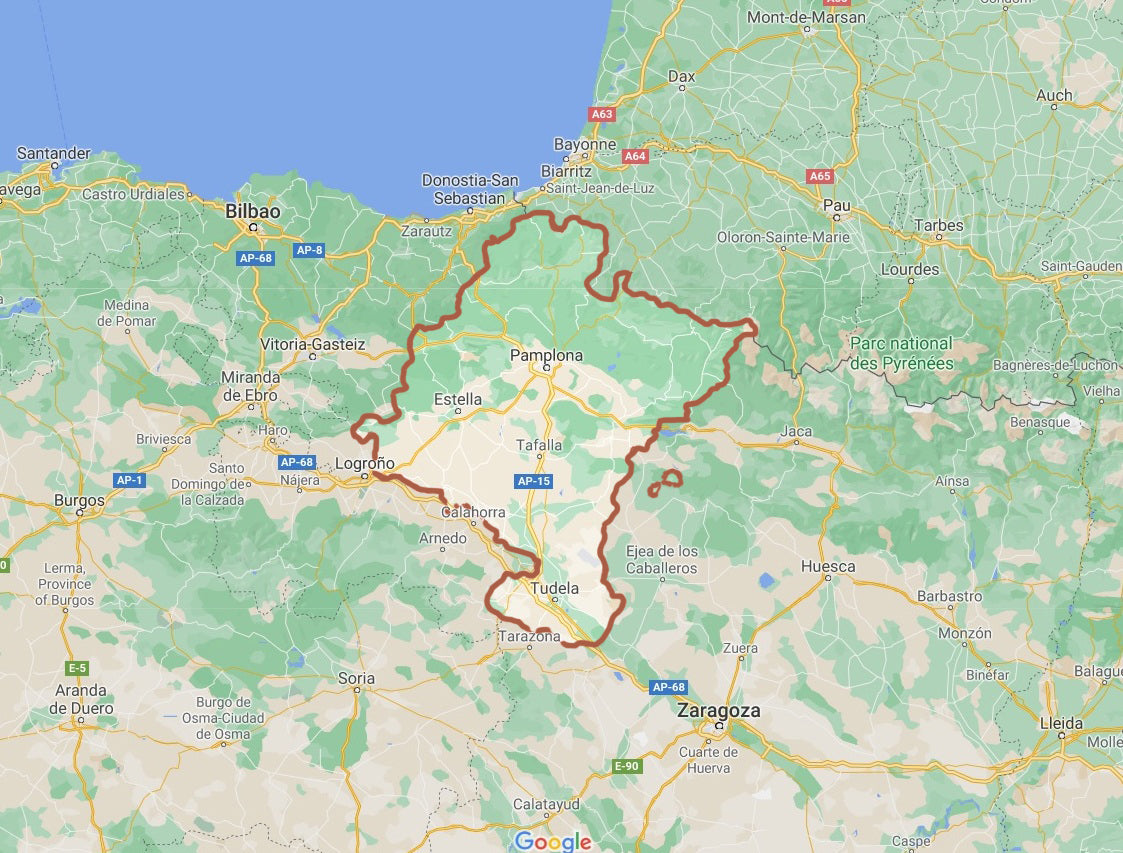
Navarra, Spain
Navarra, nestled in Northern Spain and bordered by the Basque Country, La Rioja, and Aragon, boasts a rich olive-growing tradition. Despite facing climatic challenges, Navarra thrives thanks to its high-density olive groves. Among its prized varieties, Arróniz stands out for its resilience to cold and drought. This region's olive cultivation traces back to the ancient Roman Empire, underscoring its historical significance. Navarra is renowned for its diverse olive varieties, including Arróniz, Empeltre, and Arbequina, each contributing to its vibrant culinary heritage.
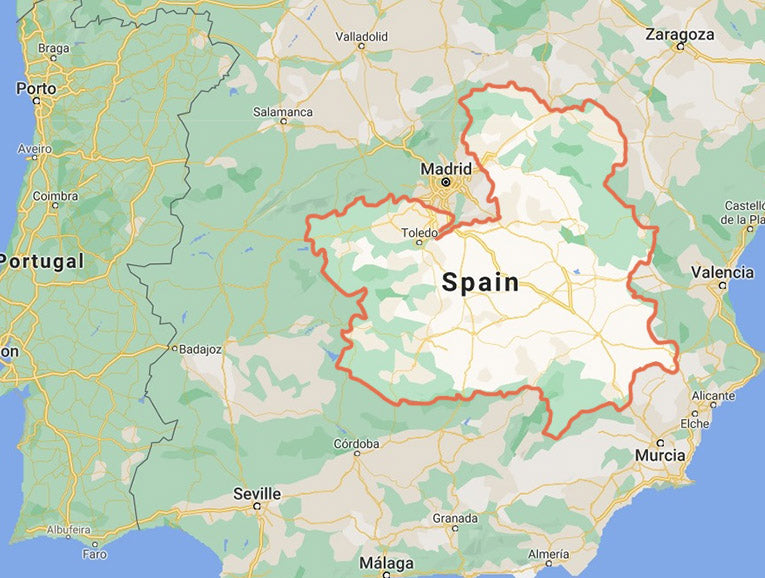
Castilla–La Mancha, Spain
Nestled in the heart of the Iberian Peninsula, Castilla–La Mancha holds a significant position in Spain's olive oil production, contributing 15.59% (2018) to the country's output. This makes it the second-largest producer of Extra Virgin Olive Oil on the peninsula, following Andalusia. The region's signature variety, Cornicabra, is renowned for its robust flavor profile, characterized by a delightful blend of spiciness, bitterness, and fruitiness. Additionally, the Picual variety plays a vital role in olive oil production here. With numerous award-winning oils emerging from Castilla–La Mancha, it's evident that they are steadily gaining ground and recognition, inching closer to Andalusia's esteemed status.
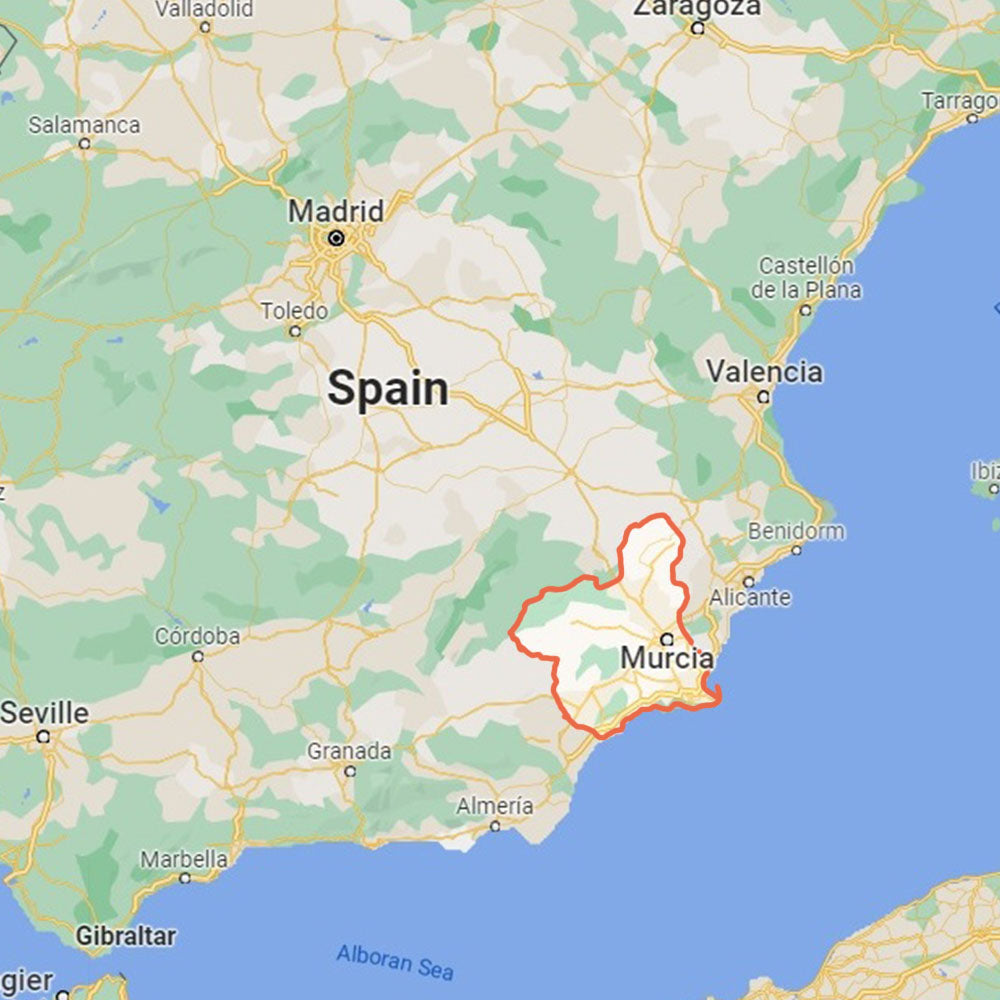
Murcia, Spain
Nestled along the picturesque Mediterranean coast in the southeast part of the Iberian Peninsula, you'll find the charming region of Murcia. It shares its borders with Andalusia, Castile La Mancha, the Valencian Community, and the sparkling waters of the Mediterranean Sea. While Murcia contributes less than 2% to Spain's olive oil production, it boasts a diverse array of olive varieties, including Cuquillo, Blanqueta, Lechín de Granada Blanqueta, Villalonga, Lechín de Granada, Changlot Real, and Cornicabra, each adding its own unique flavor to the region's culinary tapestry.
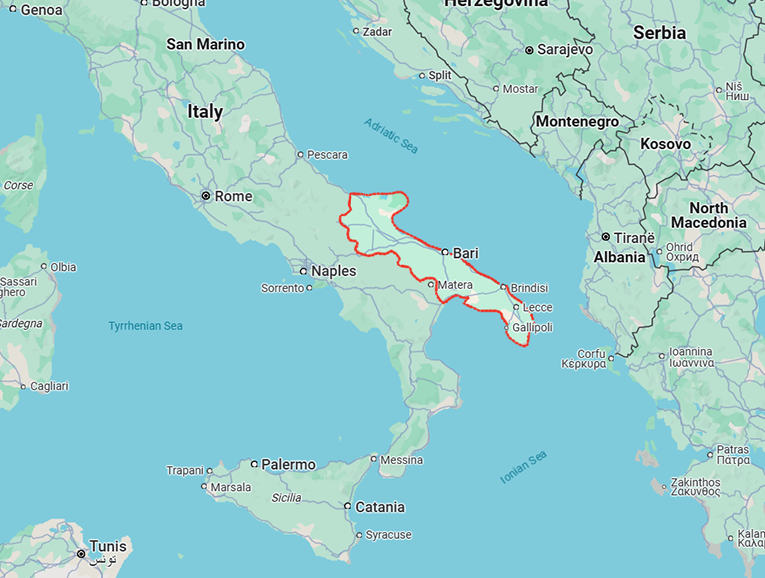
Puglia, Italy
Puglia produces nearly 40% of Italy’s olive oil and around 300,000 to 400,000 tons annually, making it one of the world's top olive oil regions. With over 60 million olive trees, some centuries old, the region cultivates key varieties like Coratina, Ogliarola, and Peranzana. Puglia’s olive oil is prized for its high quality, rich flavors, and health benefits, playing a crucial role in both Italian cuisine and global exports.
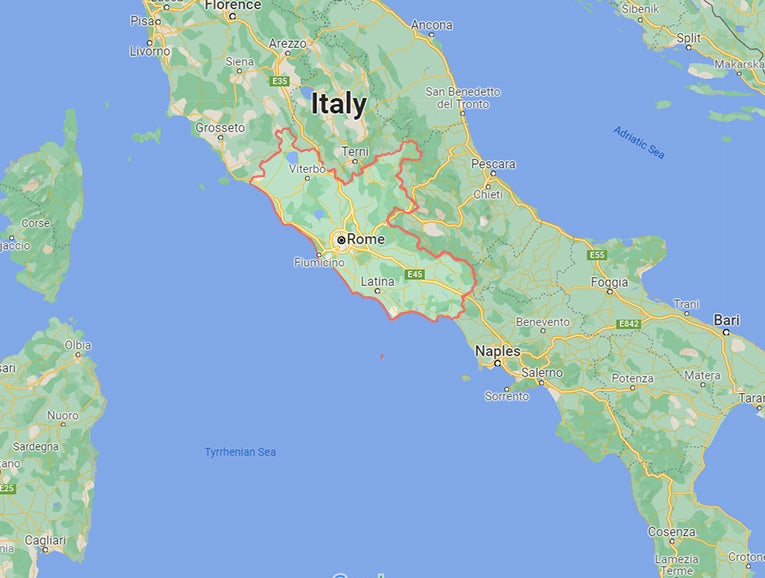
Lazio, Italy
Situated in the heart of Italy's central peninsular region, you'll find the charming area of Lazio. Its vibrant capital, Rome, not only serves as the heart of Lazio but also holds the prestigious title of being the capital and largest city of Italy. Olive oil has been an integral part of Lazio's history since ancient times, with the Etruscans being credited with planting the first olive trees in the region, paving the way for a rich and enduring tradition. Today, Lazio continues to play a significant role in Italy's olive oil production, contributing approximately 4% to the country's total output. Among the olive varieties that flourish in Lazio's fertile soil are the beloved Itrana, Rosciola, and Leccino, each adding its own distinctive flavor to the region's culinary landscape.
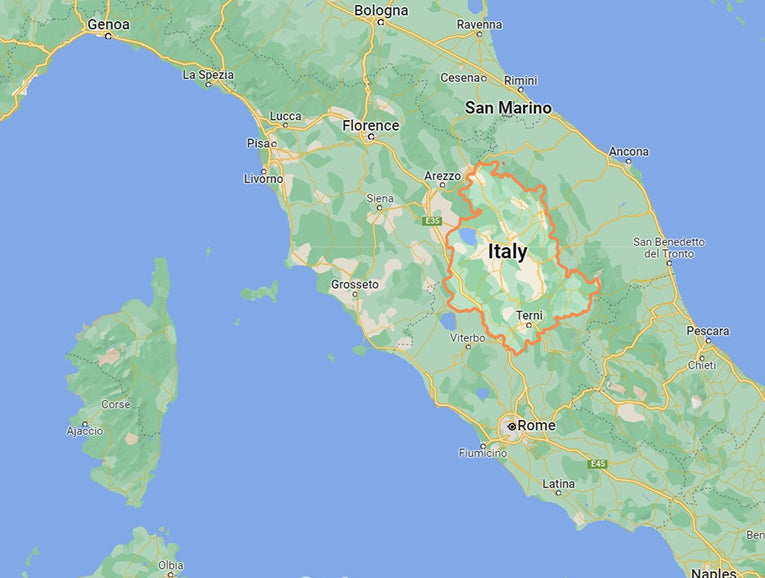
Umbria, Italy
Nestled in the picturesque central region of Italy, you'll find Umbria, bordered by the enchanting regions of Tuscany, Marche, and Lazio. Its captivating capital, Perugia, beckons visitors with its rich history and cultural treasures. Among its historical gems, Assisi shines brightly as the birthplace of St. Francis of Assisi, captivating hearts with its timeless charm. While contributing 2% to Italy's olive oil production, Umbria is renowned for the exceptional quality of its olive oil. Cultivated with care, varieties like Frantoio, Moraiolo, and Leccino thrive in Umbria's fertile soil, embodying the region's dedication to excellence. Adding to its allure, Umbria boasts native olive varieties such as Moraiolo, Raja, and San Felice, each contributing to the region's rich tapestry of flavors.
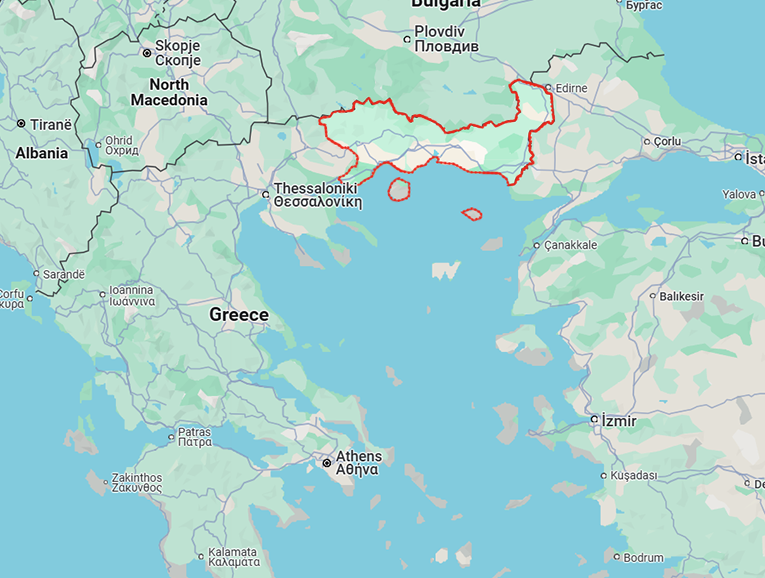
East Macedonia and Thrace, Greece
Eastern Macedonia and Thrace contributes to Greece’s olive oil production with over 4 million olive trees, mainly in Thassos, Kavala, and Alexandroupoli. The region produces around 5,000 to 7,000 tons of olive oil annually, focusing on high-quality varieties like Makri and Thassitiki, known for their smooth and balanced flavor.
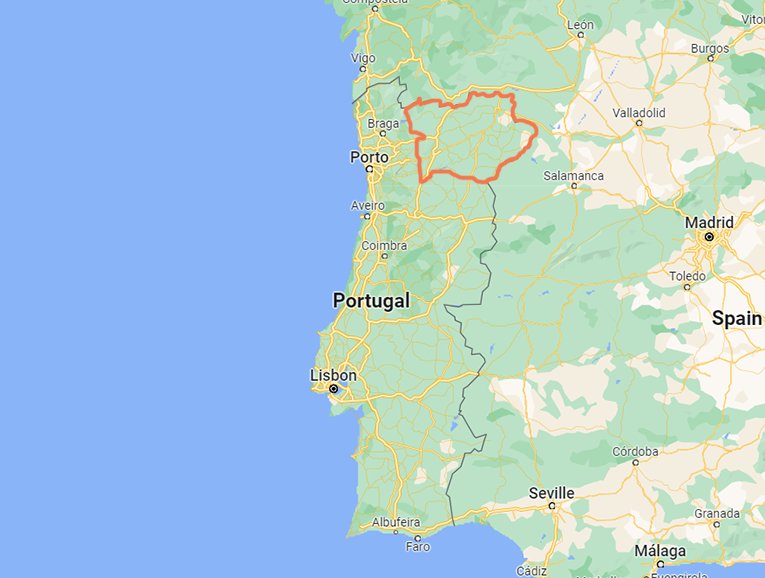
Trás-os-Montes e Alto Douro, Portugal
Trás-os-Montes e Alto Douro Province, nestled in the northeastern part of Portugal and bordered by Spain to the east, captivates with its rugged beauty. Its terrain, characterized by deep river valleys and rolling hills, offers an idyllic setting for olive cultivation and the production of exquisite olive oil. Blessed with a Mediterranean climate featuring warm, dry summers and gentle winters, this region provides the perfect conditions for the growth of olive trees, nurturing a rich heritage of olive cultivation spanning centuries. The olive oils crafted here are cherished for their exceptional quality and delightful fruity flavors, making a significant contribution to Portugal's esteemed olive oil industry.
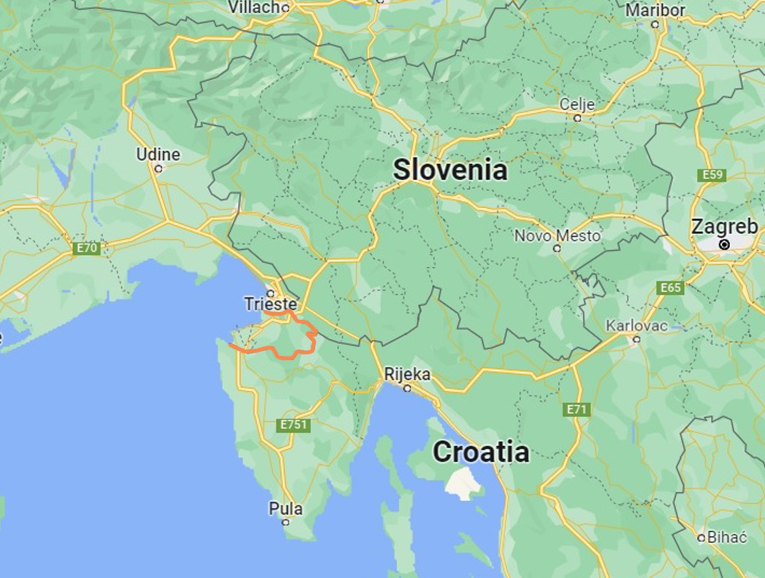
Slovenian Istria
In Istria, Slovenia, the art of olive oil production revolves around a commitment to crafting exquisite extra virgin olive oil. The region's gentle climate and rich soil create the perfect environment for cultivating premium olive varieties. Harvesting, a cherished tradition, unfolds during the autumn months, blending time-honored hand-harvesting techniques with modern processing methods. Istrian olive oil delights with its fruity notes and harmonious flavors, often carrying a subtle hint of spiciness. Producers in this region take pride in their dedication to sustainable and organic practices, resulting in oils of exceptional quality. Istria has rightfully earned acclaim for its outstanding olive oils, a testament to the passion and care invested by its producers.
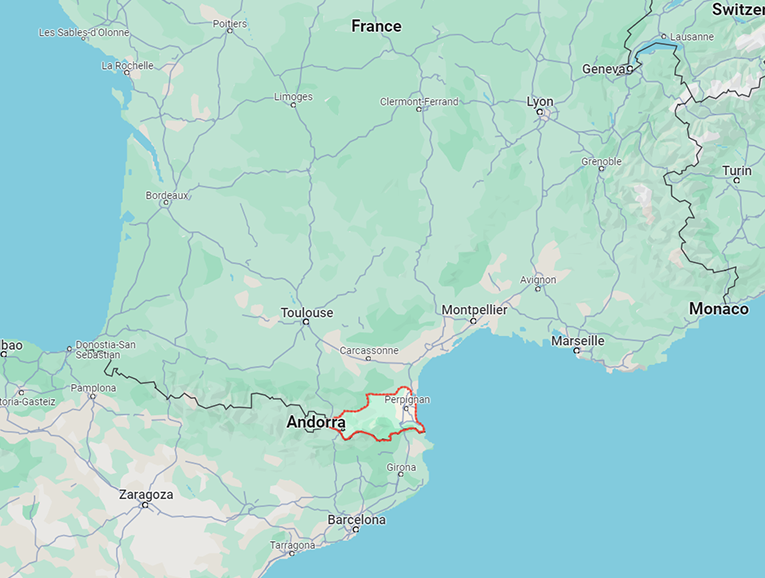
Pyrénées-Orientales, France
The Pyrénées-Orientales region in southern France is renowned for its high-quality olive oil, thanks to its ideal climate. Local olive varieties such as Arbequina, Poumal, Verdale, Olivière, and Picholine contribute to the region's distinctive oil. Hand-harvested and traditionally cold-pressed, these olives produce exceptional oils that are staples in local cuisine and cherished internationally. The rich agricultural traditions in Pyrénées-Orientales ensure that each bottle of olive oil embodies the region's commitment to quality and authenticity. Visitors to the area can enjoy tours of olive groves and mills, offering a firsthand experience of the meticulous process involved in creating these prized oils.
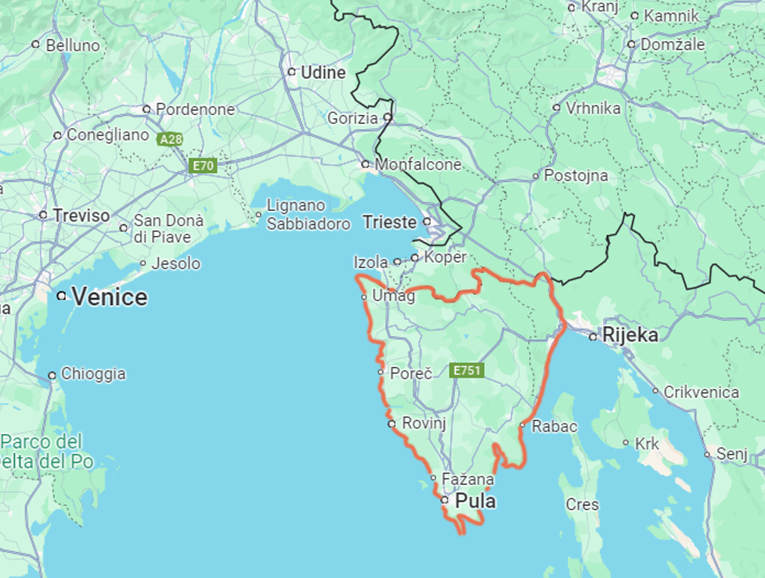
Istria, Croatia
Croatian Istria, on the Adriatic coast, is famed for its high-quality olive oil, thanks to its Mediterranean climate and rich soil. With a tradition of olive farming spanning thousands of years, Istrian olive oil is known for its fruity, aromatic flavor with a peppery finish. Local producers combine traditional methods with modern technology to craft award-winning extra virgin olive oils. Though Istria’s contribution to global olive oil production is relatively small, its oils are recognized among the best in the world, prized for their quality and sustainability in both local and international markets.
